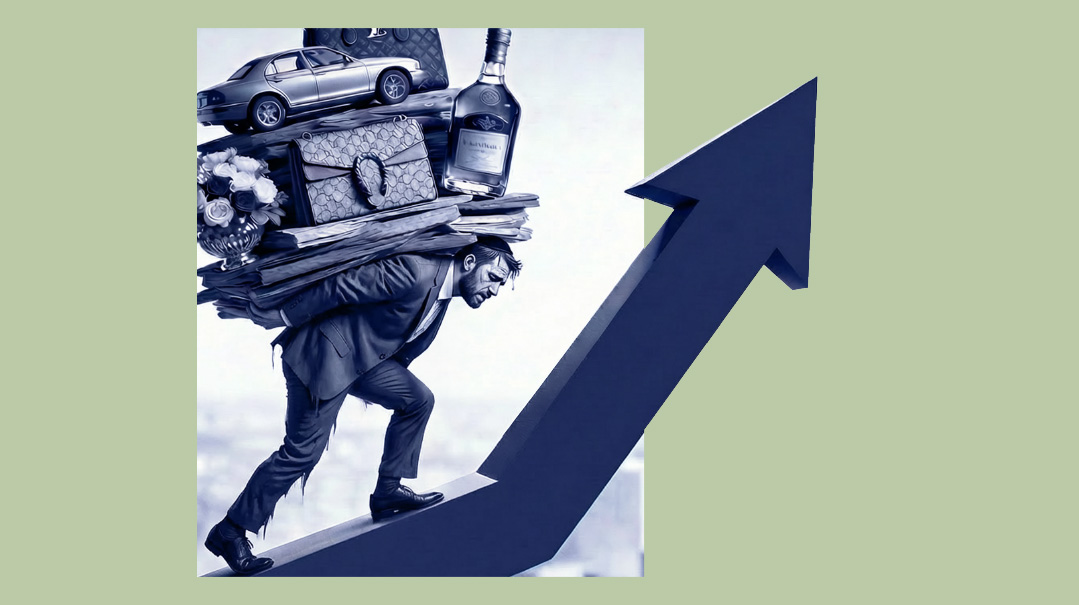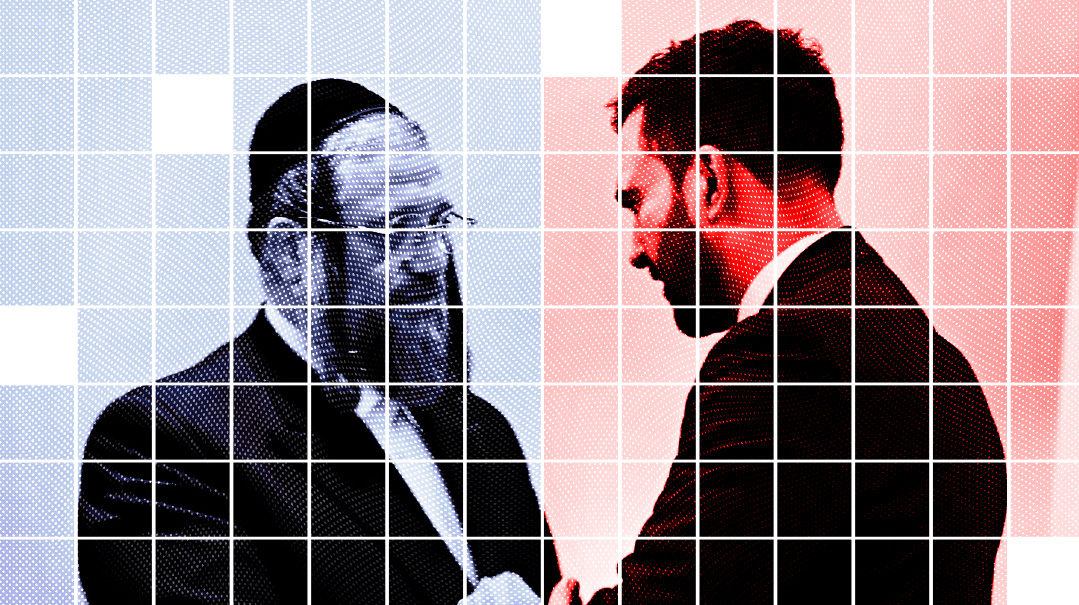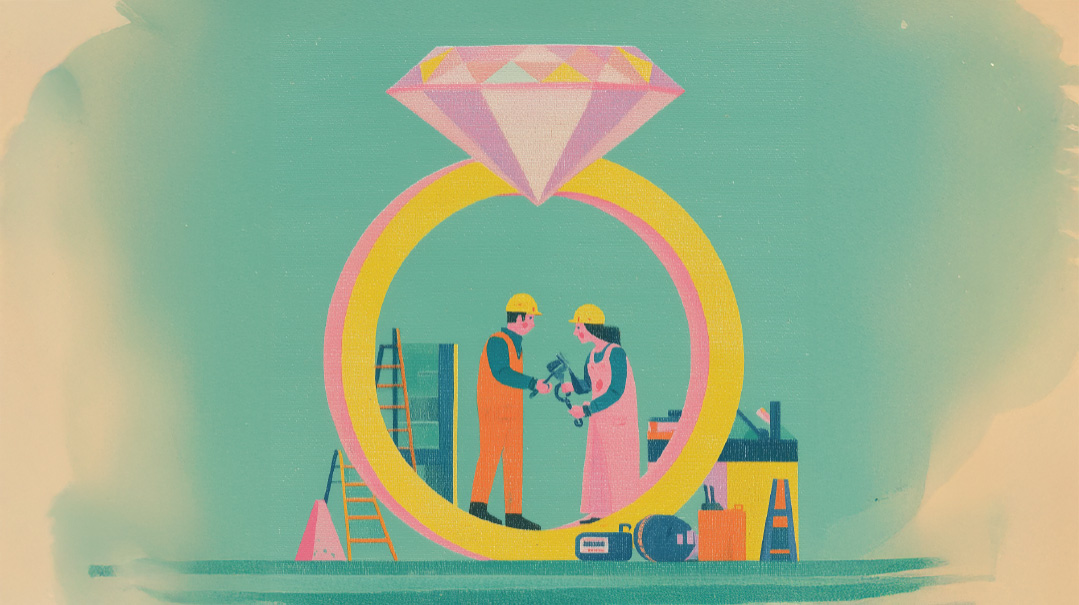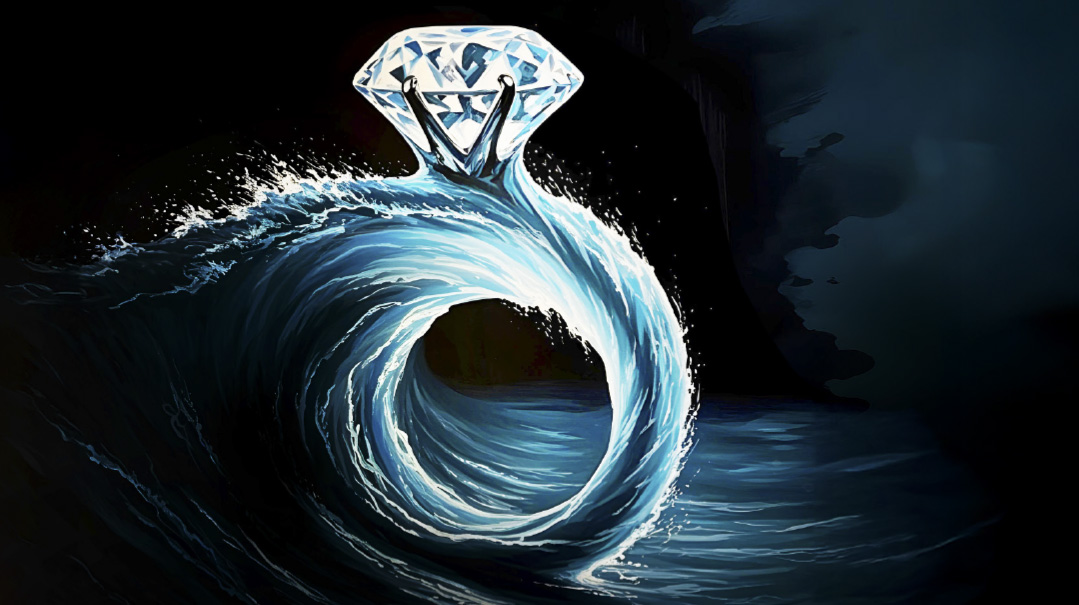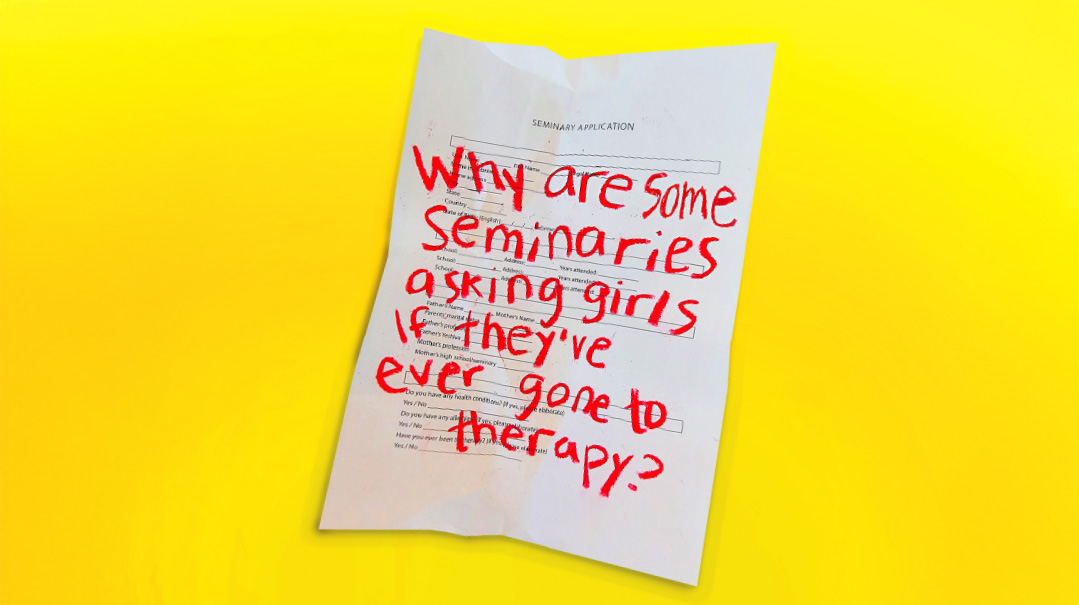Out of Focus: The Conversation Continues

“Would I choose ADHD? Maybe not. But embracing it has brought me so much joy”
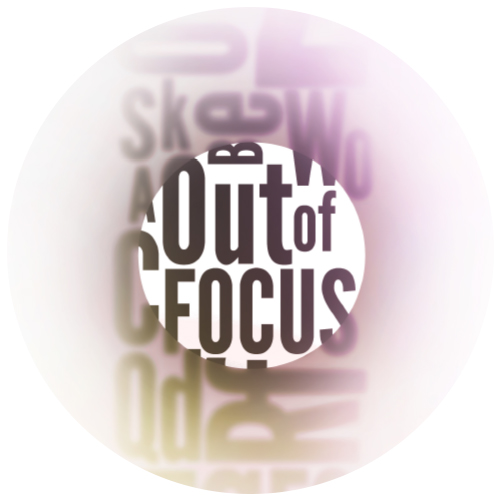
I Embraced It
I read Rochie Bloomberg’s diary serial with interest. She tells a good story. I was also diagnosed with ADHD, and my experience was similar, but different. On the outside, everything looked perfect. I had sweet kids, a successful career, was always wearing a sleek sheitel and fresh makeup. But what no one saw was how much effort it took for me to hold it all together. To meet deadlines at my job as art director at a publishing house. To get to the finishing line of Shabbos preparations before lichtbentshen. To pull off my son’s bar mitzvah buffet. I was always wishing for another few hours, another few days, another week, to get everything done.
And I was frustrated with myself for not being like everyone else — everyone who made it look so easy to hold down a job, raise a family, keep house, and make sure their children’s nails were cut, their pants weren’t too short, their permission forms signed.
My overriding emotion was shame. To protect myself from it, I worked really hard on giving the impression to the outside world that I had it all together. When it came to the people I was close with, I cultivated an identity as the one who was struggling to juggle. I’d make self-deprecating jokes, roll my eyes, and say, “You know me.” But I’d also wish I wasn’t like that. I desperately wanted to break free of the cage of self-criticism I was trapped in.
Who I looked like on the outside and what I felt like on the inside were two entirely different beings.
I’d been labeled as gifted by a psychologist when I was in elementary school because I was so intelligent and creative. But I couldn’t get past B-grades. Buckling down and putting in the work —homework or studying — was a huge challenge. There was always something so much more fun than schoolwork to do, like talking on the phone or hanging out with friends. Finding the self-discipline to limit that so I could study felt impossible.
The idea that I had ADHD only occurred to me two years ago, when I was in my mid-thirties. And it was because of a meme, believe it or not. A meme called “The Adult ADHD Starter Pack.” It had different pictures of things that characterized adult ADHD, like a chair piled with clothes. A light switch with two settings: “can’t start” and “can’t stop.” An overflowing inbox. And mail that said, “Overdue,” “Reminder,” “Final Notice.”
When I looked at it, I thought, “Wow, this describes me. Bull’s-eye. Could I have ADHD?”
It took me close to a year and a half of toying with the idea and researching it online until it I felt ready to ask my doctor about the possibility. She gave me two tests to fill out and based on the results, decided I was a candidate for Ritalin.
I didn’t hesitate. I felt like I owed it to my children to find a way to improve how I felt, to improve how I functioned, to improve how I mothered.
I started on a low dosage of Ritalin.
It was magical.
It was like the bandwidth of my brain had been widened. Before, I couldn’t focus on so many things at a time without becoming incredibly tense. Now suddenly I could, calmly. The very next morning, when we were trying to leave the house, and my son couldn’t find his shoe, instead of this sending me into a tailspin of panic and stress, I felt like I could handle it. We found the shoe. Everyone got out on time. And internally, I was so, so calm.
So this is what it’s like to feel normal….
The realization hit that I’m not flawed. It’s not that I’m not “put together.” I’m just wired differently, which makes many things harder for me than it is for others.
That was the impact taking Ritalin had. It didn’t make me suddenly super-organized. I wasn’t suddenly getting my projects in early, I didn’t stop procrastinating, and my time-management skills weren’t transformed.
But I let go of the self-blame. Of the feeling of wrongdoing. I had been under so much pressure to keep up, to be like everyone else. Now I knew I wasn’t exactly like everyone else and that was what was causing my distress. That’s all.
I felt liberated by my self-acceptance.
As art director, I had a lot of responsibility. Sometimes I’d felt paralyzed because of all the demands on me, felt that I couldn’t respond to anything that needed my attention until my head was clear. I’d often be bombarded by the designers I managed, by the production team, to give suggestions, give approval, tweak things. So many projects were getting stuck at my desk.
Now, I could attend to everything without feeling my mind was cluttered and about to implode. And when I did take longer than people would have liked to get through my to-do lists, I didn’t feel the need to self-flagellate. I felt reassured knowing that this was just something that was hard for me because I had ADHD, and felt confident that I would get to it soon. I was no longer in a pressure cooker.
I fully embraced the idea that I had ADHD. Instead of trying to wish it, and the challenges it causes me, away, I chose to appreciate it. Because it brings with it gifts. For me, it’s the gift of creativity —the book designs my team and I have come up with are in a class of their own. And the gift of spontaneity — how many mothers take their children to the library on a random Friday afternoon because she knows there’s a new book they’d love to read over a long, cozy Shabbos? And the gift of achievement — when I’m motivated, there’s no stopping me, I’m like a hot air balloon, the flame underneath me propels me higher and higher and higher still.
Would I choose ADHD? Maybe not. But embracing it has brought me so much joy.
Name Withheld
It’s My Superpower
I eagerly followed Rochie Bloomberg’s journey through adult female ADHD with intrigue because as a mom diagnosed a few years ago at age 27, so much of it was relatable.
The one thing I wish I could share with Rochie and any other women like us is that I personally see my ADHD as very much one of my superpowers.
I don’t want to give ADHD all the credit, but it’s undeniably bundled up with the traits that I want and need in my life. It’s part of what gives me a creative edge in my career in marketing, it shows up in the spark that makes me a colorful and enthusiastic mom to our five young kids, and it gives me koach to pursue and maintain a social life, community obligations, chesed opportunities, and approximately 23 different hobbies at any one time.
Hashem gave me this life and the tools to make it great. He gave me this genetic gift (one straight from my own creative and intuitive mother!) and the opportunities to make it shine.
I don’t really want to look at the four letters of the diagnosis as a score against me and my abilities, because I use them to my benefit every day.
For me, like Rochie, trying to be consistent, minus the negative self-talk after a period of inconsistency, is the main thing that keeps the chaos at bay.
So yes, I may have a million timers set on my phone because otherwise I will absolutely forget dinner in the oven, and I may not be able to listen to a word you’re saying while the water is running, and I definitely think that THIS pretty new notebook will make me perfectly organized (newsflash: it won’t), but these little things pale in comparison to all positives.
There’s always where to improve to be done, and I’m chasing it as much as the next person, but I do think accepting and embracing this as a superpower goes a long way.
A. Hornstein, RBS, Israel
(Originally featured in Family First, Issue 922)
Oops! We could not locate your form.

